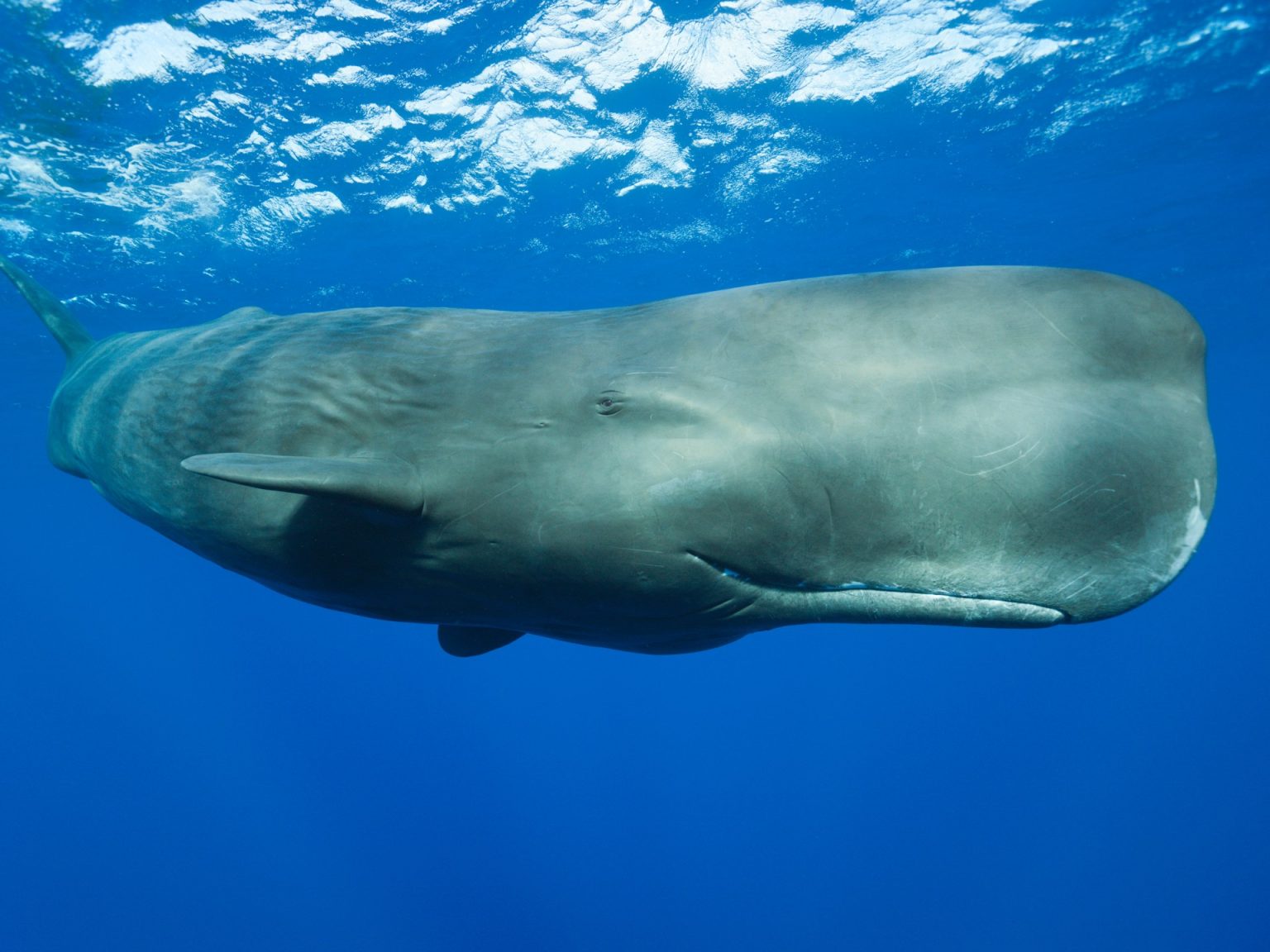The study reveals that sperm whales communicate through a sort of “phonetic alphabet”, enabling them to construct words and phrases through rapid clicks resembling Morse code. This form of communication was observed in sperm whales living around the Caribbean island of Dominica, with sets of clicks serving as the basic building blocks of language. The researchers, part of the Project CETI machine learning team, used a giant underwater recording studio with microphones at different depths to analyze the calls made by approximately 60 whales, uncovering a “phonetic alphabet” composed of four basic components.
Scientists have been trying to understand sperm whale communication for decades, and this study sheds new light on the complexity and expressivity of their calls. While the researchers have decoded the phonetic alphabet, they are still unsure of the actual content of the messages being conveyed. Further studies will focus on understanding the behavioural contexts in which the whales use these calls, which may provide insight into their communication patterns and social interactions. The use of artificial intelligence (AI) is expected to aid in analyzing the vast amount of data collected from the whales, potentially revealing more about their language.
Sperm whales, known for having the largest brains of any animal on the planet, live in matriarchal groups and can grow up to 18 meters long. They have complex social structures and are classified as “vulnerable” due to centuries of hunting for the oil in their heads. Deciphering their communication systems could reveal parallels with human language and society, but the researchers caution that more research is needed before attempting to communicate with them or understanding the full extent of their language abilities. The implications of this research extend to conservation efforts, such as minimizing the risk of the marine mammals being hit by ships and reducing ocean noise levels that could disrupt their communication.
The research has been praised by experts in the field, with Jeremy Goldbogen, an associate professor of oceans at Stanford University, calling it “extraordinary” and emphasizing its importance in understanding ocean giants. The study points to the potential for utilizing knowledge of whale communication for conservation purposes, ensuring their survival and protection. The use of AI in analyzing whale communication patterns may help uncover more insights into their language abilities and behaviors, further enhancing our understanding of these intelligent marine creatures and their intricate social structures. The study opens up new possibilities for studying and protecting sperm whales while shedding light on the parallels between their communication systems and human language.















